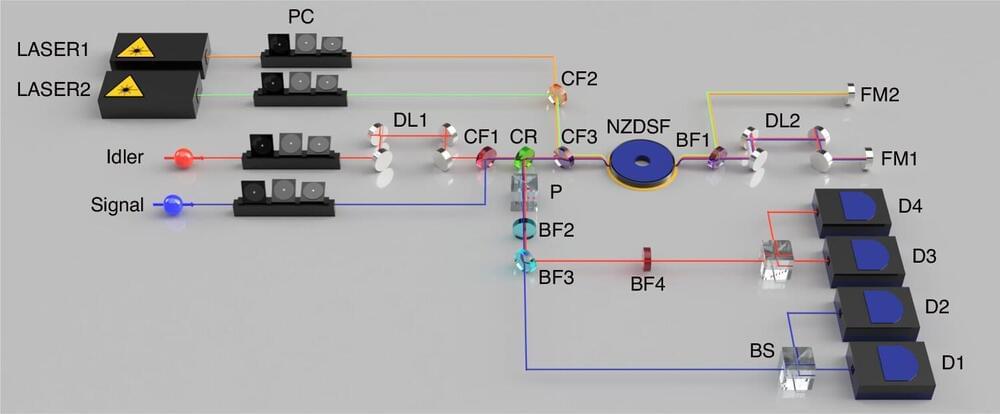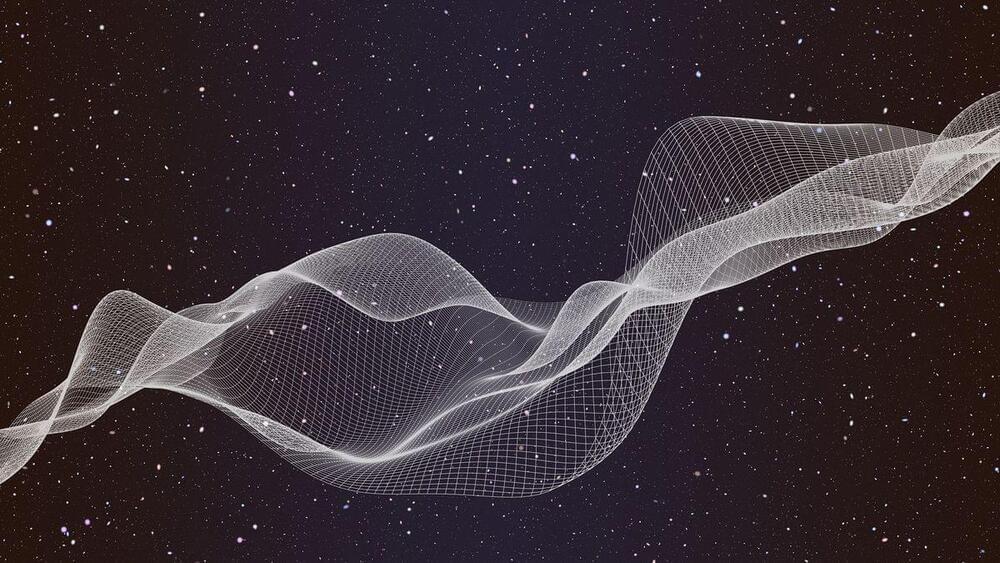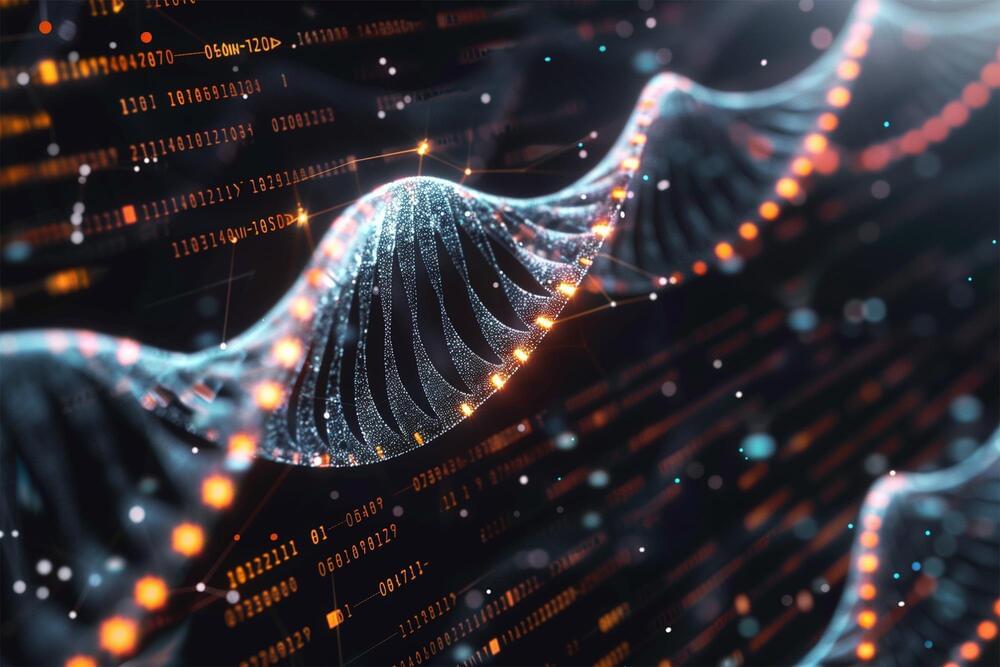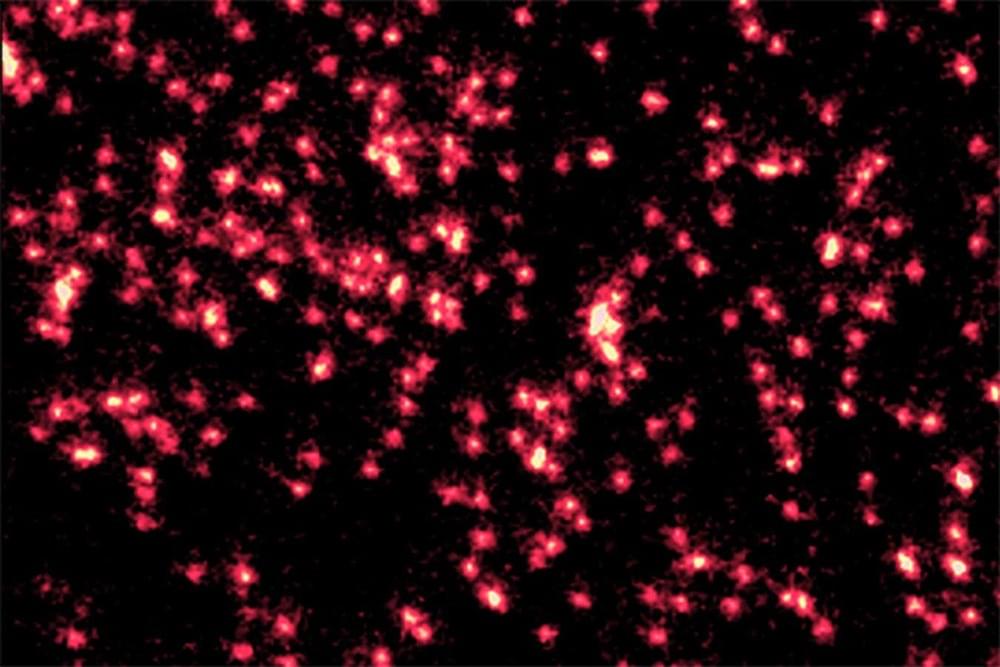Russellian monism is a theory in the metaphysics of mind, on which a single set of properties underlies both consciousness and the most basic entities posited by physics. The theory is named for Bertrand Russell, whose views about consciousness and its place in nature were informed by a structuralist conception of theoretical physics. On such a structuralist conception, physics describes the world in terms of its spatiotemporal structure and dynamics (changes within that structure) and says nothing about what, if anything, underlies that structure and dynamics. For example, as it is sometimes put, physics describes what mass and charge do, e.g., how they dispose objects to move toward or away from each other, but not what mass and charge are. Thus, Russell writes the following about the events physics describes:
All that physics gives us is certain equations giving abstract properties of their changes. But as to what it is that changes, and what it changes from and to—as to this, physics is silent. (Russell 1959: 18)
Russellian monism can be seen as breaking that silence. It posits properties that underlie the structure and dynamics that physics describes. Further, according to Russellian monism, those same properties are relevant to, and may at least partly constitute, consciousness.







